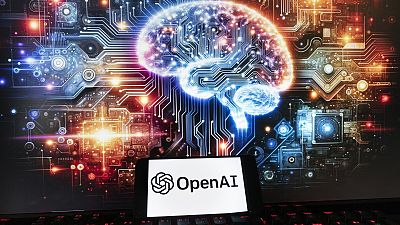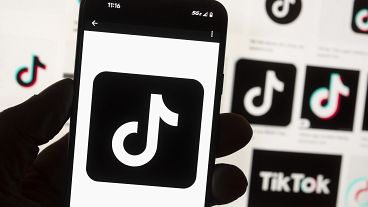A sweeping study of the world’s humanitarian sector found that it’s not clear what rights the world’s most vulnerable have with their data.
More transparency is needed on how humanitarian aid organisations handle the data of the world's most vulnerable, a non-profit digital rights organisation has said.
The recent report, from Access Now, was based on 45 interviews with experts in humanitarian aid, tech companies, and the public sector.
Their research found that there are 220 tech companies that work in the humanitarian sector and at least 14 companies that work in the middle to broker deals.
These partnerships “are typically opaque, increasingly consolidated in few hands, deal in the data of the world’s most vulnerable people, and provide fertile ground to greedy data brokers and intermediaries,” according to the non-profit organisation.
When people in need access aid, they provide personal information about themselves and their families that is then used to give them what they need.
The report found that a small number of tech companies compete for “meagre funding” to adapt information storage for a handful of aid organisations that get a lion’s share of the world’s funding.
Almost half of the world’s assistance, the report noted, goes to three UN agencies: the World Food Programme, UNHCR and UNICEF.
“There is a disengagement from small, innovative companies and a tendency towards contracts hoarding…by those in the know of the inner workings of these processes,” the report added.
‘Digital rights violation’
There’s also little to no disclosure, both from humanitarian and tech companies, about how they work together to protect personal data, the report continued.
That means it’s even harder for those looking for aid to consent to how their data will be used, resulting “in a direct violation of the digital rights of at-risk communities”.
Some aid organisations send personal information to foreign cloud storage so the government of a conflict-ridden area can’t access that data.
Yet the data flow of the NGO, including how that information is stored, is pre-determined by the tech company they partner with. So, data owners in conflict zones don’t get a choice in how or where their information is stored - if they want to get help.
The personal information is de-identified before it gets to the cloud, the report said, making it safe, but it can be combined with other datasets that expose the information.
So, the authors continue, there’s still the possibility that that information can be used to do harm or to profile certain at-risk individuals or communities.
“Basic data rights such as consent withdrawal, or record edit and deletion, or even remedy in case of accident or harm, are very hard to define and almost impossible to achieve,” the report concludes.
‘The way we use these tools does not have a negative impact’
The line between the tech and humanitarian sectors is becoming more blurred over time, the report added.
Humanitarian organisations working in Europe must complete Data Protection Impact Assessments (DPIAs) - a process to identify the risks of processing personal data and how to minimise them. They are used to show that an organisation or company is complying with European regulations.
The study found that big UN agencies and international NGOs are doing these assessments, but the tech companies doing the data collection often do not, meaning it’s difficult to know what ethical standards are met.
Some aid organisations, like the UNHCR and the International Committee of the Red Cross (ICRC), are researching stronger data protection and biometrics practices.
“Digital technologies have become the centre of…societal debates about their impact on people and communities, including issues concerning data collection,” the ICRC said in a statement to Euronews Next.
“We want to ensure that the way we use these tools does not have a negative impact on the people we assist or on how we are perceived.”
However, NGOs are picking their tech solutions based on “financial accessibility” instead of ethics, Access Now states.
They also could not find a humanitarian actor that runs checks for conflicts of interest between suppliers or partners.
The report provides several recommendations, like disclosures from tech companies of any conflicts of interest. For humanitarian organisations, the authors suggest better tracking, monitoring, and disclosure of how data is recorded and stored.



